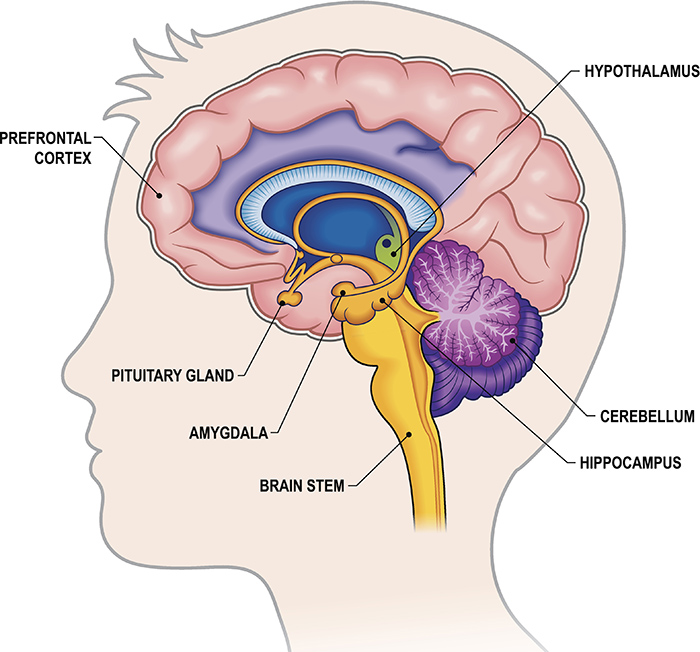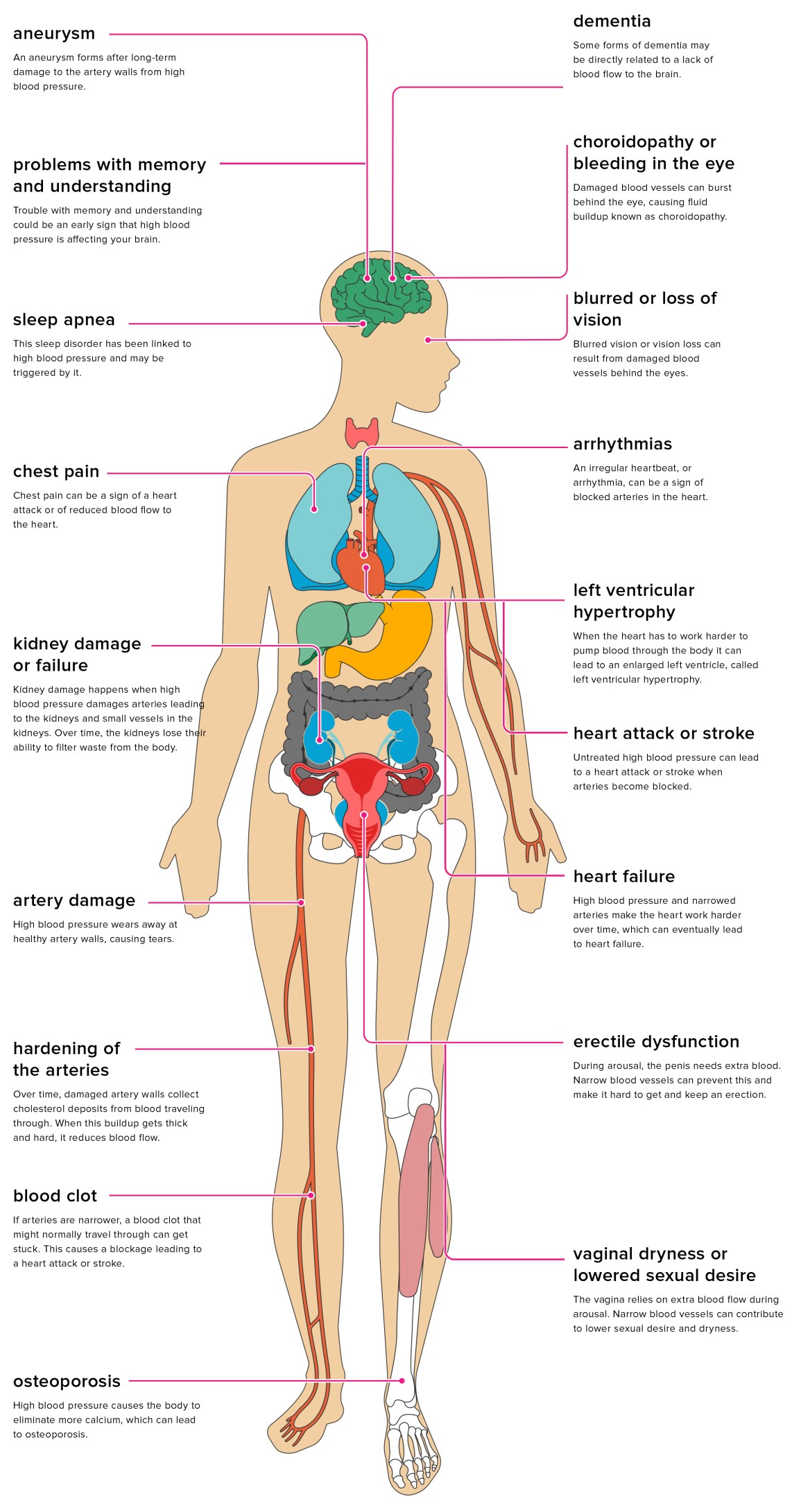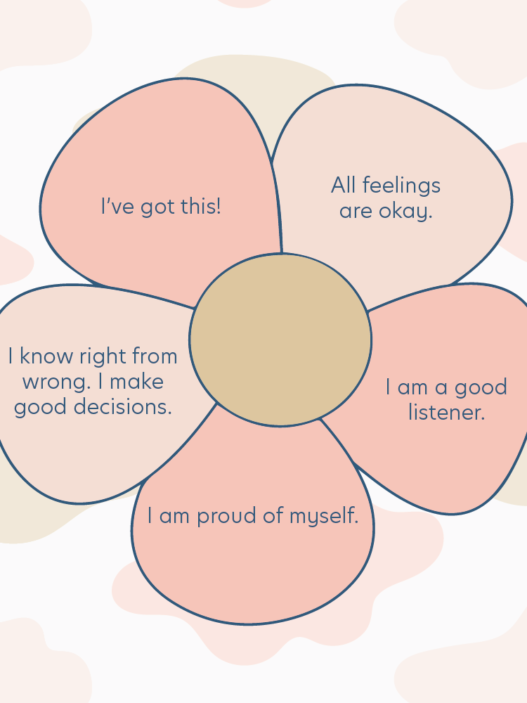We all get angry. Sometimes it bubbles up quietly, other times it explodes. And weirdly enough, it’s not always a bad thing. Anger can push us to speak up, protect our space, or finally say “enough.”
But when it sticks around too long or shows up too often, it starts messing with more than just your mood. It can fog your thinking, mess with your choices, and quietly chip away at your health—from your heart to your immune system.It’s not just about snapping in the moment.
It’s about what happens after—the tension, the stress, the way your body holds onto it. So in this piece, we’re digging into how anger affects your brain and body. And more importantly, how to deal with it in ways that don’t leave you drained or broken.
What Happens in Your Brain When You’re Angry?
The brain is the control center of our emotions. Whenever we experience anger several key areas in the brain are triggered and chemicals flood our system, preparing us for “fight or flight.”
The Amygdala Takes Charge
The moment something sets you off, it’s the amygdala—your brain’s emotional radar—that jumps in first. Whether the threat is real or just feels real, it sends out a quick alert to the rest of your system.
That alert doesn’t wait for logic. It sparks a reaction before your thinking brain even gets a chance to speak. And that’s usually how people end up saying or doing things they didn’t mean—only to feel that sting of regret once the storm settles.
Prefrontal Cortex Gets Overpowered
The prefrontal cortex, which controls reasoning, decision-making and impulse control becomes suppressed during anger.
- This is why anger makes it hard to think clearly.
- Logical judgment is clouded and emotional reactions dominate.
Prefrontal Cortex Gets Overpowered
The prefrontal cortex, which controls reasoning, decision-making and impulse control becomes suppressed during anger.
That’s one reason why thinking straight gets tricky when anger kicks in. Emotions take the front seat, and logic kind of fades into the background.
Surge of Stress Hormones
When angry the brain releases stress hormones such as adrenaline and cortisol. These chemicals:
- Increase energy level.
- Heighten alertness.
- The body braces itself, ready to respond.
How Anger Impacts Your Body Physically
Anger doesn’t stay in your head; it shows up physically in the body.
When Emotions Stir the Heart
Anger doesn’t just stay in your head—it ripples through your body. The heart starts racing, blood vessels narrow, and pressure builds. When those heated emotions stick around too long or show up too often, they don’t just stir the mind—they start to weigh on the heart.
The rhythm shifts. Pressure builds. And over time, the risk of serious issues like heart irregularities, strokes, or elevated blood pressure quietly creeps in. And the immune system? It notices.
That low hum of anger—always simmering in the background—can do more than just drain your mood. It slowly wears down your body’s natural defenses, leaving you more open to everyday bugs and deeper inflammation-related troubles.
Over time, it may leave you more open to everyday bugs like colds and flu, and even stir up deeper issues linked to inflammation.
Digestive Problems
The “fight or flight” mode slows digestion. That’s why many angry people experience:
- Stomach pain.
- Heartburn.
- Irritable bowel syndrome (IBS) flare-ups.
Muscle Tension and Pain
Ever noticed how your shoulders stiffen when you’re mad? Anger tightens muscles, which can lead to:
When Anger Settles Into the Body
It’s not just a feeling—it’s a physical presence. That tension in your temples? The ache in your back? The tightness in your jaw? Sometimes, anger doesn’t shout—it just sits quietly in your muscles, showing up as headaches, stiffness, or grinding teeth in the middle of the night.
When Anger Slips Into Connection
It doesn’t always stay bottled up. Sometimes, it slips into sentences—soft words turn sharp, pauses fill with tension, and listening becomes something else entirely.
Over time, it changes things. The way we speak. The way we react. Even the way we show up around the people who matter most.Moments that once felt light? They start to carry weight. A glnce. A sigh. A silence.
Everything feels a little more fragile. Conversations shift. Reactions get quicker. And slowly, the warmth between us begins to feel a little less steady.
Communication breaks down. Arguments flare. And slowly, relationships start to feel strained.It’s not just about behavior—it’s about the mind too. That constant tension can stir up anxiety, pull you into sadness, or push you toward habits that numb instead of heal.
Sleep Isn’t Always a Safe Place
Anger doesn’t clock out when the lights go off. If it’s still buzzing in your chest at bedtime, sleep can feel like a battle. You toss. You turn. Your thoughts won’t settle.
When rest goes missing, the ripple is real. Mornings feel heavier. Thoughts blur. Even tiny stressors start to feel oversized. It’s not just tirednes it’s a slow unravling of balance.
Turns out, anger and poor sleep don’t just coexist—they feed off each other. One stirs the other, creating a quiet loop that wears down emotional balance.
Researchers have found that when we’re sleep-deprived, the brain’s emotional control centers—like the amygdala and prefrontal cortex—go out of sync.
That means more reactivity, less calm, and a shorter fuse.It’s not just about feeling tired—it’s about how rest (or the lack of it) shapes the way we respond, conect, and cope.
What Happens When Anger Becomes Routine
When anger sticks around too long, it starts to reshape things. The brain’s decision-making center—the prefrontal cortex—can shrink under chronic stress. The heart feels the strain. Immunity weakens. It’s not loud—it’s slow. But it changes everything.
Softer Ways to Let It Out
Anger isn’t the villain—it’s a signal. What matters is how you respond.- Breathe slow. Let your body know it’s safe. – Move gently. Walk. Stretch. Dance. Let it out. – Write it down. Scribble what triggered you. Spot the patterns. – Talk it through. With someone who listens. With someone who helps.
Next Time, Pause Before Anger
Next time anger rises, pause. Notice your breath. Your shoulders. Your thoughts. That tiny moment? It can change everything. It’s not about suppression—it’s about choice.
Not All Anger Is Harmful
Sometimes it’s the push you need. The trick is knowing when to use it—and when to let it pass. Anger can be a guide, not a weapon.
Managing Anger
Managing anger isn’t just about keeping the peace it’s about protecting your health. The calmer your reactions, the stronger your heart, your sleep, your immunity. It’s a ripple effect. Less stress. Better rest. A steadier mind.
Final Words
How anger affects your brain and body? Anger is human. But when it drives everything, it starts to damage. The good news? You can take the wheel back. Because it’s not the feeling—it’s what you do with it that truly matters.























